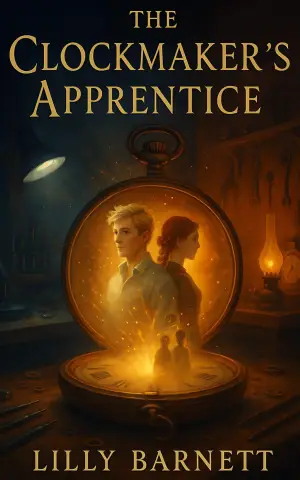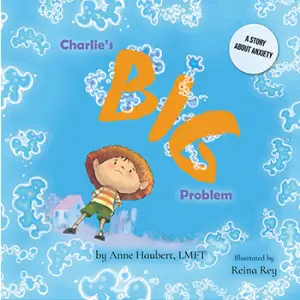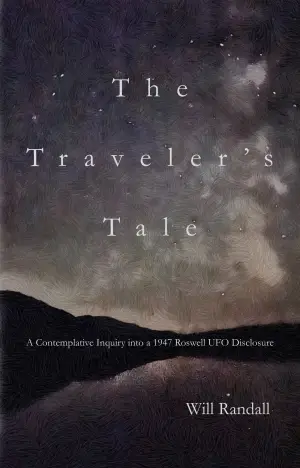The Timeless Tragedy of Romeo and Juliet: A Personal Reflection
Who hasn’t been captivated by the story of Romeo and Juliet? From the moment I first heard those immortal lines—“O Romeo, Romeo, wherefore art thou Romeo?”—I could sense the richness of emotion and complexity that William Shakespeare masterfully orchestrated in this tragedy. It’s a narrative that intertwines youthful passion and family feuds, and it never fails to tug at my heartstrings. Even after all these centuries, Romeo and Juliet manages to feel intimately relatable, drawing me into the tumultuous world of Verona and the lives of its star-crossed lovers.
At its core, the play explores some of life’s most significant themes: love, fate, and the conflict between personal desire and familial obligation. Shakespeare does an extraordinary job of establishing these themes early on, immersing us in the chaotic backdrop of Montagues and Capulets. The opening brawl captures your attention immediately, setting a tone of volatility and tension that echoes throughout the narrative. The characters are vividly drawn, each encapsulating various facets of humanity—be it romantic idealism, reckless pride, or sagacious wisdom.
While some might view Romeo as merely a lovesick youth at the beginning, I found his character arc intriguing. Initially infatuated with Rosaline, his emotional immaturity starkly contrasts with the depth he later finds with Juliet—“But, soft! what light through yonder window breaks?” It’s remarkable to witness his transformation from a somewhat callow boy to a man grasping the gravity of love and loss, showcasing Shakespeare’s talent for character development. Juliet, though only thirteen, emerges as a formidable force, defying the constraints of her society and asserting her autonomy—as seen in her courageous decision to drink the sleeping potion. This interplay of character growth illustrates the subtleties that make the play so engaging.
The writing style itself is poetic yet accessible, filled with puns and layered meanings. Shakespeare’s use of sonnets, especially during the tender moments between Romeo and Juliet, underscores the idealism of their love while also foreshadowing the tragedy to come. Lines such as “Good night, good night. Parting is such sweet sorrow” resonate deeply, reflecting not just the beauty of young love but also the inevitability of loss. These words linger long after reading, showcasing Shakespeare’s unparalleled ability to capture the complexities of human experience.
In reflecting on the play, I can’t help but think about who might enjoy this timeless work. Certainly, anyone intrigued by the nuances of love and tragedy will find Romeo and Juliet a compelling read. It’s a vital read for students, drama enthusiasts, or anyone seeking to understand the depth of Shakespeare’s influence on literature and art. Yet, beyond the literary merits, the emotional resonance offers something personal; it compels readers to consider how love can be both a powerful force for joy and a harbinger of sorrow.
In conclusion, Romeo and Juliet is not just a tale of young love but a timeless exploration of human emotion, making me reflect on my own experiences and relationships. Shakespeare has a way of speaking across centuries—his words still echo, reminding us of the bittersweet dance between hope and despair. For never was a story of more woe than this of Juliet and her Romeo.


















